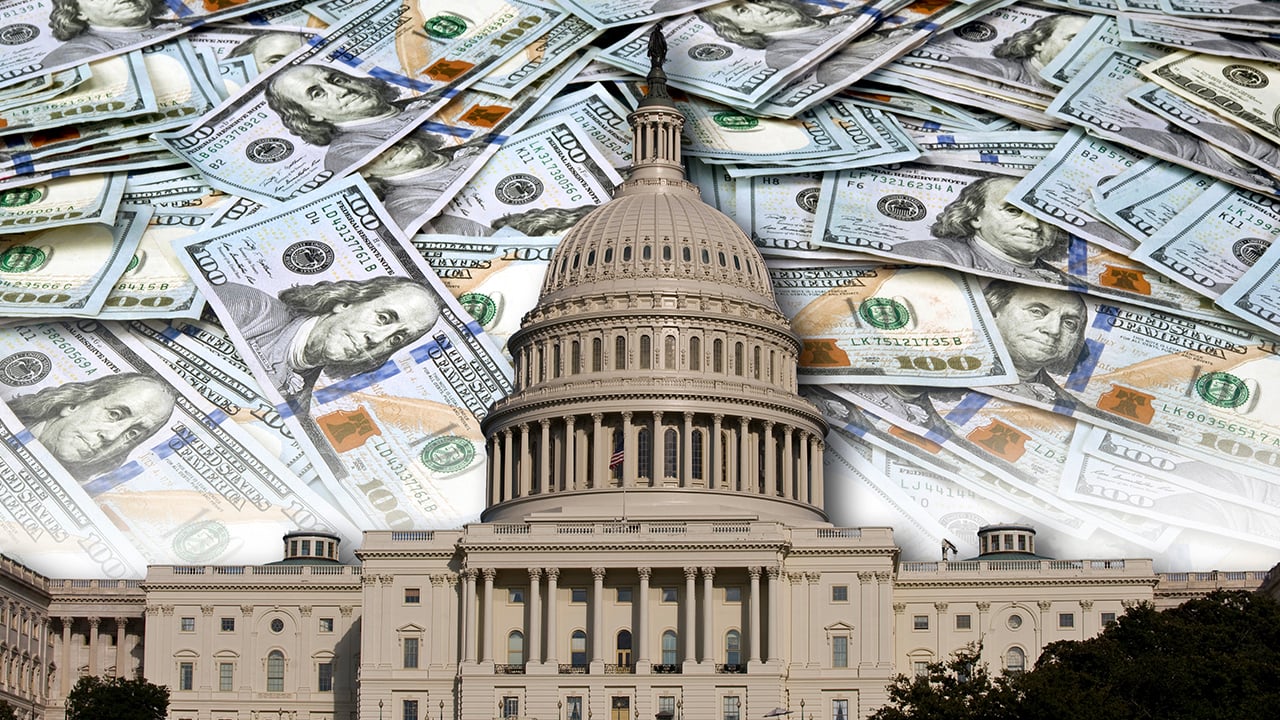
On Sunday, August 7, following 20 hours of floor debate, the United States Senate passed H.R. 5376, an amended $750 billion, 730-page Congressional Bill jam-packed with social and environmental spending provisions addressing climate change research, creating energy policies, and healthcare costs. Dubbed the “Inflation Reduction Act,” it moved back to the House of Representatives for a vote on August 12. Four days later on August 16, the final version of the Inflation Reduction Act of 2022 was signed into law by the President.
Notably, nothing in this Bill addresses border security, police funding, national security, school choice, or the unprecedented rise in violent crime – all issues reported as priority for millions of Americans. While billions of tax-payer dollars are allocated for more government contracts, contractors, and bureaucrats, the Bill lacks meaningful government accountability provisions.
With an invoice of $750 billion, a recession underway and inflation at a 40-year high, proponents insist revenue will be raised to pay for the Bill through IRS enforcement actions and audits by an additional 87,000 agents roaming America at a cost of $80 billion tucked into the total expenditures within the Bill.
Meaning that the IRS will soon swell to an engorged workforce of over 150,000 full-time or full-time-equivalent personnel. This number exceeds the total number of Pentagon employees (~27,000), State Department (~77,000), FBI employees (~35,000) and Custom & Border Patrol agents (~20,000).
From a historical perspective, “taxation without representation,” or in other words, taxation without due and fair process sparked the American Revolutionary War and fueled our Founding Fathers in their quest for a more perfect union. Art. I, §8.1 of our Constitution confers to Congress the power to “lay and collect Taxes, Duties, Imposts and Excises, to pay the Debts and provide for the common Defense and general Welfare of the United States; but all Duties, Imposts and Excises shall be uniform throughout the United States.”
Our Founding Fathers, always mindful of the dangers of tyranny lurking in the shadows of government, provided for significant restrictions on the power of the government’s purse strings – the last few words of that clause demand government carry out taxation fairly, even-handedly and with due care. Remarkable in their forecasting the future as visionaries, it is unlikely our forefathers fathomed the IRS, a tax-collecting outfit, employing more bureaucrats than the Pentagon, FBI, State Department and Border Patrol combined, but here we are.






